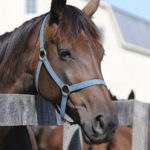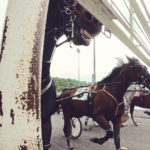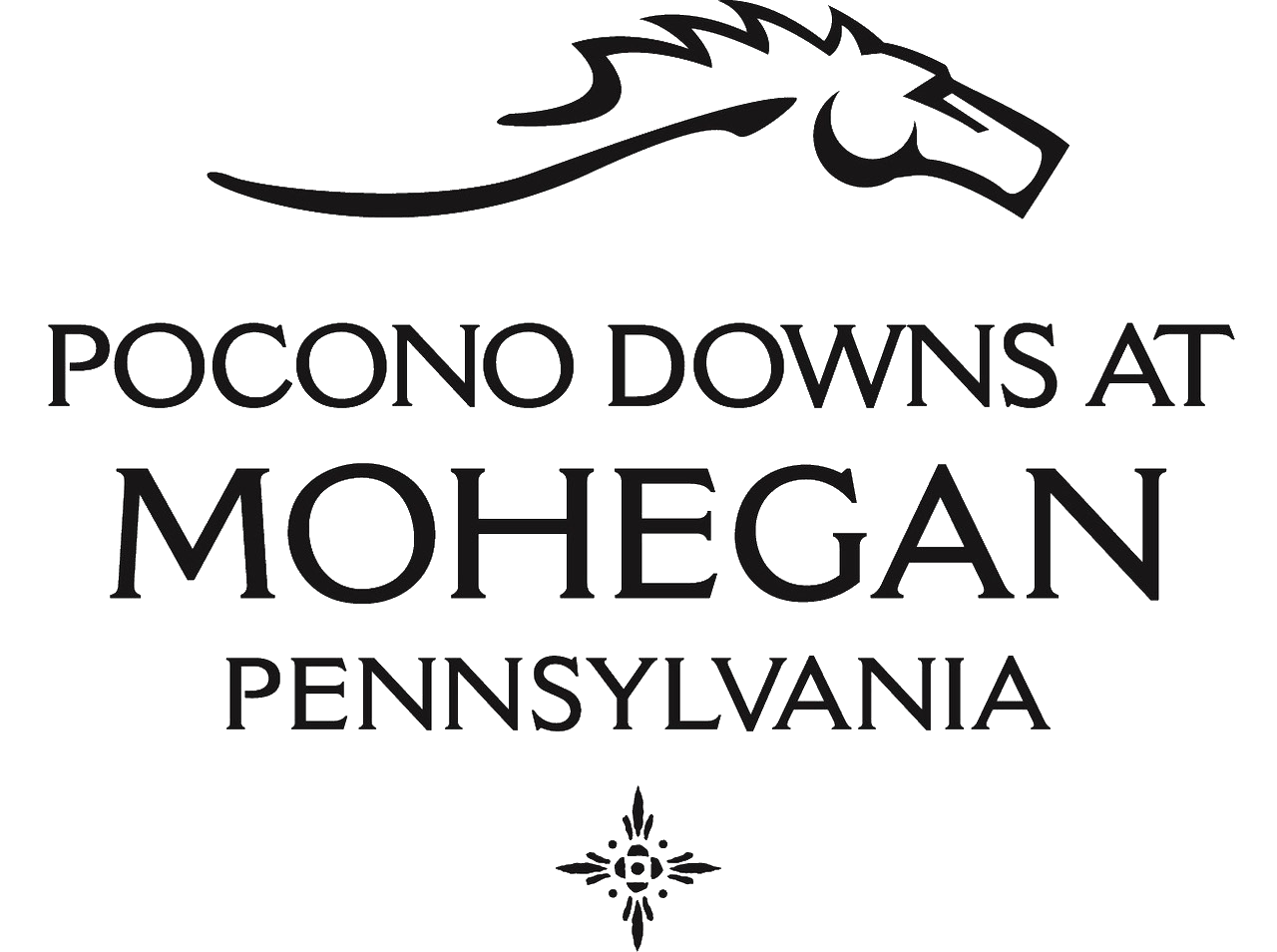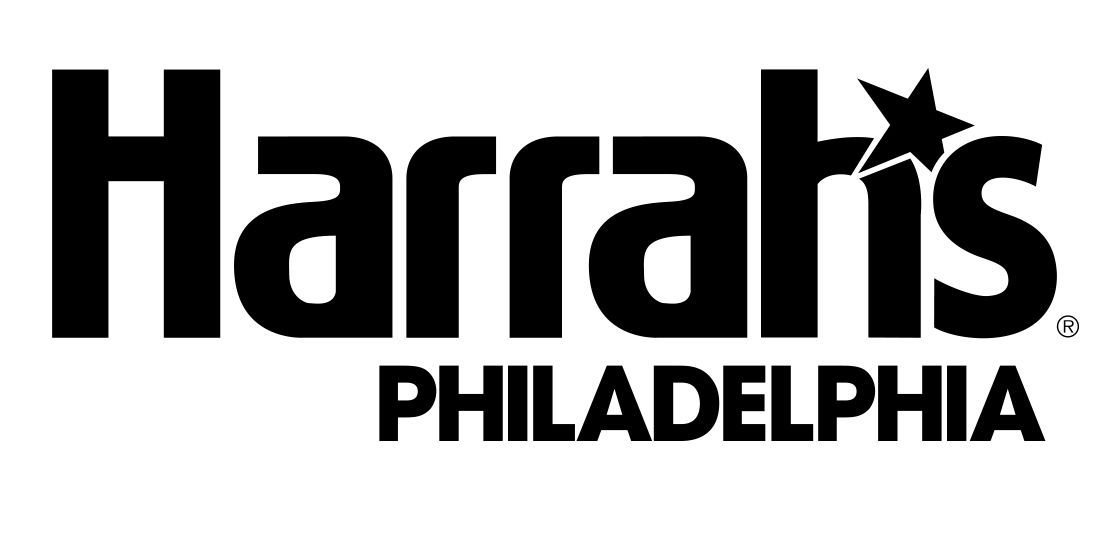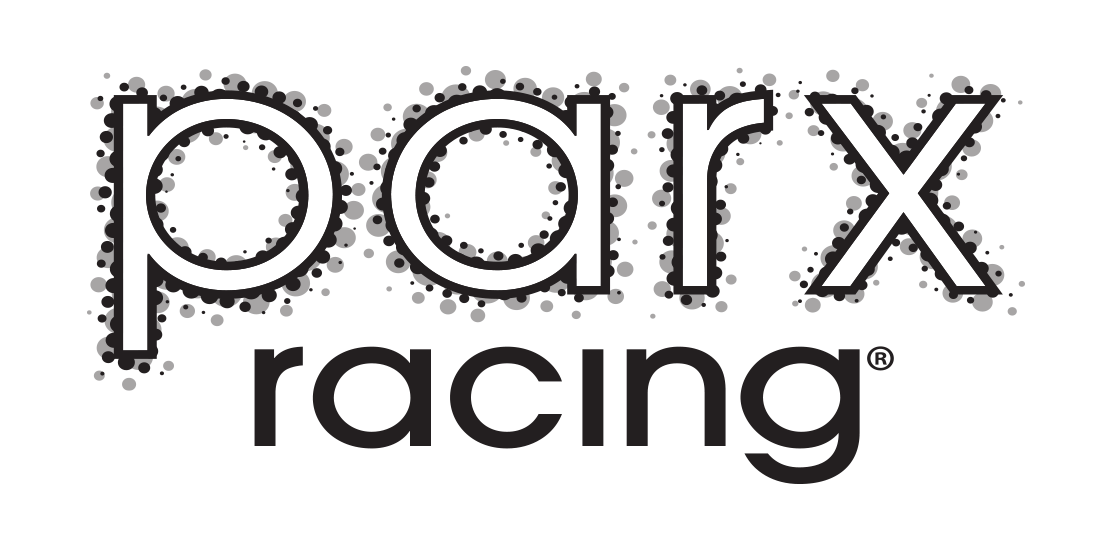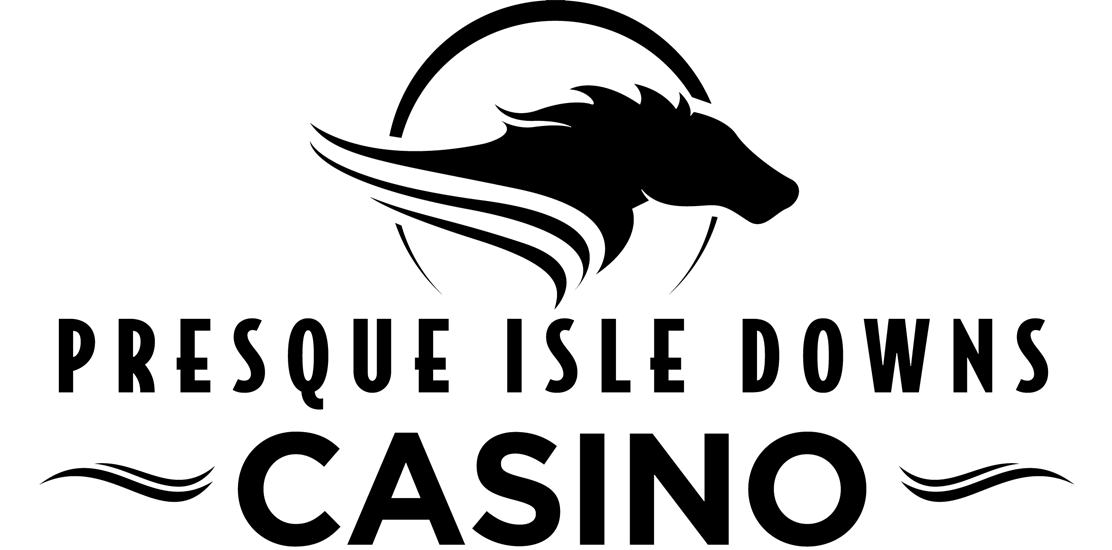You don’t have to be a horse racing fanatic to know who Victor Espinoza is. The 47-year-old jockey from Mexico has won the Kentucky Derby an amazing three times, most recently in 2015 atop American Pharaoh, thirteen years after his first Derby victory when he won the run for the roses aboard War Emblem. A 2017 inductee into the National Museum of Racing and Hall of Fame, Espinoza has also won three Breeders’ Cup events, and visited winner circles from Royal Ascot to Dubai.
Espinoza’s Latino roots should come as no surprise; 61% of the jockeys in the 2015 Kentucky Derby were Latino. Racetracks in Pennsylvania are no different, largely populated with trainers, grooms, jockeys and other employees who have Hispanic roots. If you’re a Latino interested in working in the exciting horse racing industry, Pennsylvania has a stable with you and your horse’s name on it.
Thoroughbred racing features horses that have been bred for speed, stamina, and heart. Often called “The Sport of Kings,” thoroughbred racing always features horses and jockeys, though the tracks upon which they compete can vary greatly.
Races are also restricted to certain age groups and sex. Pennsylvania conducts two Grade 1 stakes races, the Pennsylvania Derby and the Cotillion at Parx Racing, located at Parx Casino in Bensalem, just north of Philadelphia. Visiting one of these world-class races provides a great introduction to the exciting world of Thoroughbred racing.
Jockey turned trainer Dani Velazquez learned the trade from his father, Freddie, who came from Puerto Rico to train horses in Pennsylvania. He encourages other Latinos to follow in his father’s – and now his – footsteps. Latinos “are all hard workers, and there are a plethora of jobs everywhere. I mean, they could start with the hot walkers, they could become exercise riders, grooms, trainers eventually. You can also become jockeys, there’s a ton of jobs,” says Velazquez.
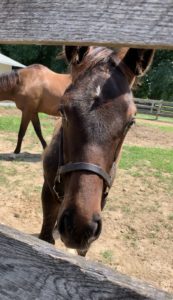 Velazquez is also quick to point out that, though the job of caring for these majestic animals requires utmost responsibility and professionalism, the atmosphere around the track remains joyful and exciting.
Velazquez is also quick to point out that, though the job of caring for these majestic animals requires utmost responsibility and professionalism, the atmosphere around the track remains joyful and exciting.
“We’re a happy bunch of people,” the second-generation trainer says. “As serious as this sport is, we do let loose, we do play music and keep a loose vibe here in the barn, because it is such a tense game with so much pressure.”
Pennsylvania features three Thoroughbred racetracks with year-round racing offered at both Parx Racing at Parx Casino and Penn National Race Course at Hollywood Casino located just outside of Harrisburg. Presque Isle Downs & Casino in Erie offers seasonal racing in late spring through early fall. Presque Isle Downs, one of the fastest-growing tracks in America, is home to the Presque Isle Masters, a prestigious Breeders’ Cup prep event.
And it isn’t just great trainers and jockeys who hail from Pennsylvania – some of the greatest horses do too. Smarty Jones, the 2004 Kentucky Derby and Preakness winner, was born on Fairthorne Farm in Chester County. The $7.6 million winner has returned to stand at the Training Center in Annville. Look no further than Storm Cat to find Pennsylvania’s “Super Stud.” The grandson of superhorse Northern Dancer, Storm Cat has produced 108 graded stakes winners, including champions of the Preakness, Belmont Stakes and five Breeders’ Cup events. Latinos have played key roles in developing this line of equine royalty.
Although less known than thoroughbred racing, harness racing is quite popular across the Commonwealth. Long-bodied Standardbred horses trot around the track, making the circuit in less than two minutes. Harness racing is another legacy sport, as all Standardbred bloodlines actually trace back to one individual stallion, Hambletonian 10. Pennsylvania harness racing predates the establishment of the Standardbred horse in 1879, as it initially became popular at annual agricultural fairs in the early 1800s. The fastest carriage horses would be taken to the fairs to compete in Speed Trials. Today, the pacers and trotters – each term refers to the horse’s specific gait or stride – pull very efficient carts called bikes.
The rise in harness racing’s popularity also offers plenty of opportunities for Latinos, according to Gilbert Garcia-Owen, who works at the Harrah’s Philadelphia Racetrack & Casino. The Downs at Mohegan Sun Pocono and The Meadows Racetrack and Casino in Washington, Pa round out the state’s trio of harness racing tracks.
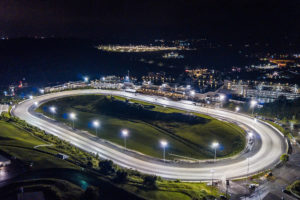
“We need more cultural differences,” Garcia-Owen says. “The Swedish brought huge improvements to the sport, and maybe the Hispanic people also have something to bring. Animals give you everything all the time; it’s a great sport to be around.”
Though harness racing may not receive the same exposure as Thoroughbred racing, that certainly doesn’t mean there’s no money to be made there. Pennsylvania’s Foiled Again remains the most successful Standardbred of all time, having earned $7,606,768 throughout his 14-year career. Like his ancestors, Spring Glen’s Vivid Photo began his career racing on the county fair circuit, going on to win $3,272,387 in professional earnings.
Hall of Fame trainer Richard Vega fled Cuba in 1980 to work in the horse barn. He says Latinos are a natural fit for working in the horse racing community because so many have already developed extensive contact with horses in their native countries. “The “[Hispanic] people have always had farms where you have to get on horses,” says Vega.
Victor Molina, another Hall of Fame member, also believes horse racing is a perfect profession for his 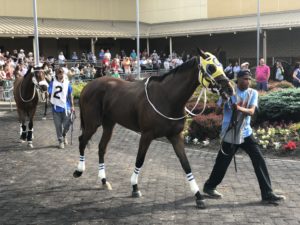 fellow Latinos. “The horse racing community depends a lot on Latin American people,” notes Molina. “Most Latin Americans love the horses, and they love to work around them. Over the years, you can see a lot of Latin Americans who have done very well in the horse racing business.”
fellow Latinos. “The horse racing community depends a lot on Latin American people,” notes Molina. “Most Latin Americans love the horses, and they love to work around them. Over the years, you can see a lot of Latin Americans who have done very well in the horse racing business.”
The Pennsylvania Horse Racing Association is committed to bringing more Latinos into exciting careers in the Commonwealth’s horse racing community. To facilitate these opportunities, the organization’s website is available in both Spanish and English and features a section with listings of current jobs that are available in the racing industry here in Pennsylvania.
By: Jennifer Meile

